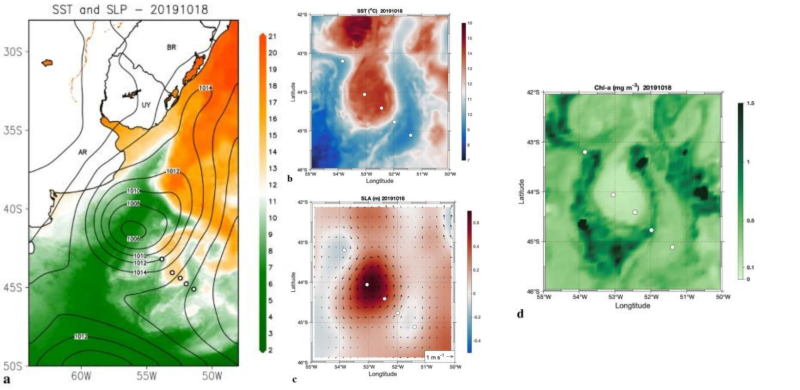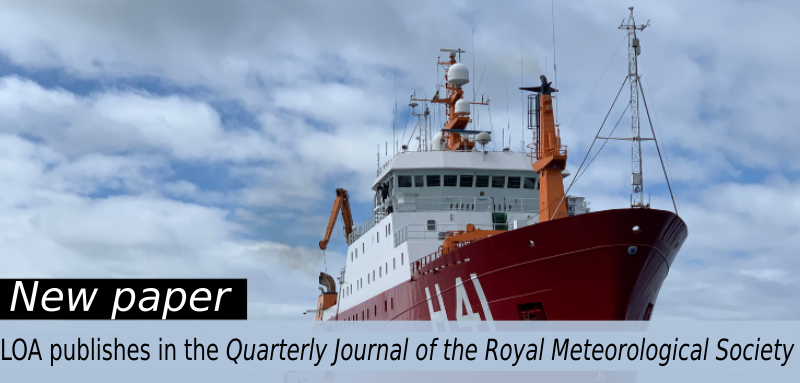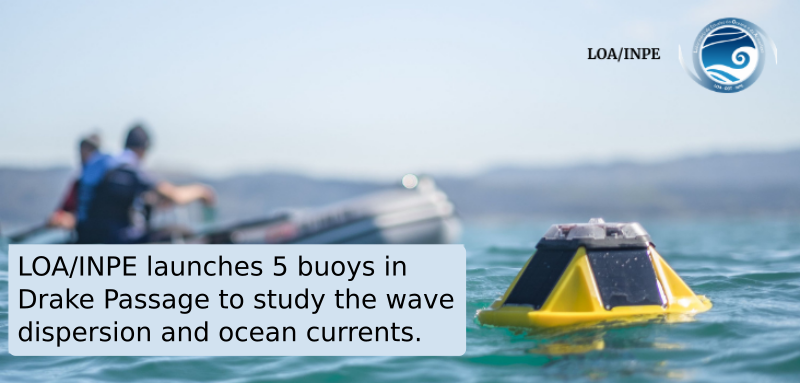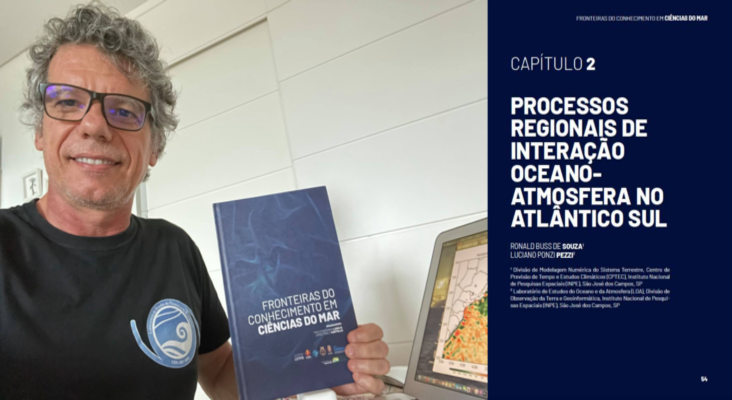In this study conducted by LOA, during the first oceanographic cruise of the “Antarctica Modeling and Observation System” (ATMOS) project under PROANTAR (CNPq/MCTI), we sampled a hot water vortex detached from the Brazil Current. Sea surface temperature (SST) anomalies caused by the hot core vortex in the Southwest Atlantic Ocean significantly influenced the modification of the marine atmospheric boundary layer (CLAM). Pressure adjustment and vertical mixing mechanisms that can make the lower atmosphere unstable have been identified. This hot vortex also increased surface winds and ocean heat fluxes to the atmosphere. Ocean regions in mid and high latitudes must absorb atmospheric CO2 and are considered sinks due to their cold waters. However, this hot vortex at mid-latitudes, surrounded by predominantly cold waters, made the ocean act locally as a source of CO2 for the atmosphere. The warm surface water from this vortex resulted in greater magnitudes of all the ocean-atmosphere fluxes studied here. This study adds to our understanding of how oceanic mesoscale structures affect the overlying atmosphere.
The article is available at https://doi.org/10.1038/s41598-021-89985-9






